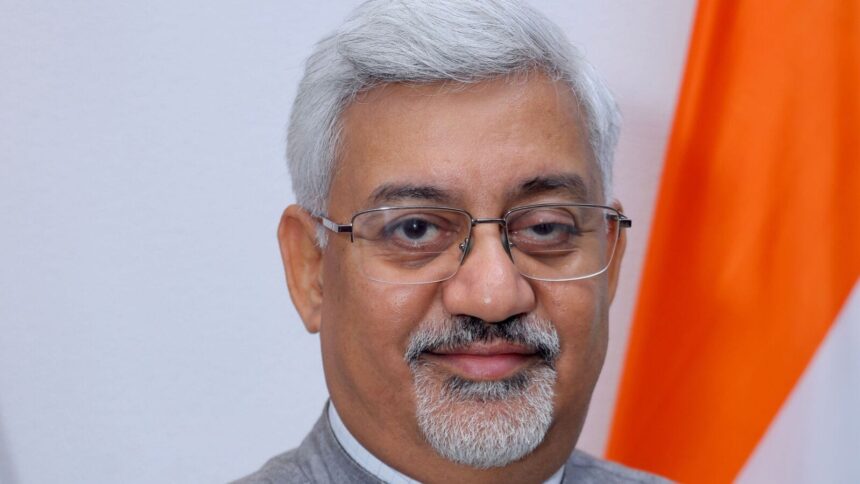Amidst the ongoing diplomatic tensions between India and Canada, a senior government official reassured that trade between the two countries is not likely to be affected. The commerce secretary, Sunil Barthwal, mentioned that trade activities are primarily carried out by private entities and will continue as usual unless there are specific sanctions imposed by either country.
Barthwal emphasized that economic rationale drives export-import activities between nations, citing examples of sanctions imposed by the US and EU on other countries. He highlighted that trade between India and Canada is managed by private importers and exporters based on value chains, and as of now, there haven’t been any prohibitions on trade.
The recent strained relations between the two countries escalated when India withdrew diplomats from Ottawa and expelled Canadian diplomats in response to Canada labeling Indian diplomats as “persons of interest” in the investigation into the killing of Khalistan activist Hardeep Singh Nijjar.
Despite the diplomatic tensions, trade figures show that India’s merchandise exports to Canada were at $3.85 billion in FY24, with imports at $4.55 billion. However, Canadian pension funds have invested heavily in India, with over $45 billion invested by the end of 2022, making Canada the fourth-largest source of foreign direct investment in the country.
It’s worth noting that India imports lentils from Canada, but after the souring of relations last year, Australia has taken a larger share of the pulse import market. In 2024, Australian lentil exports to India saw a significant increase, accounting for 66.3% of total lentil imports from January to July, whereas Canada’s share was only 26.4%. India’s total import of red lentils in 2023 stood at 1.51 million tonnes.
Overall, while diplomatic tensions may persist, the economic relationship between India and Canada remains driven by private trade entities and global market dynamics.










